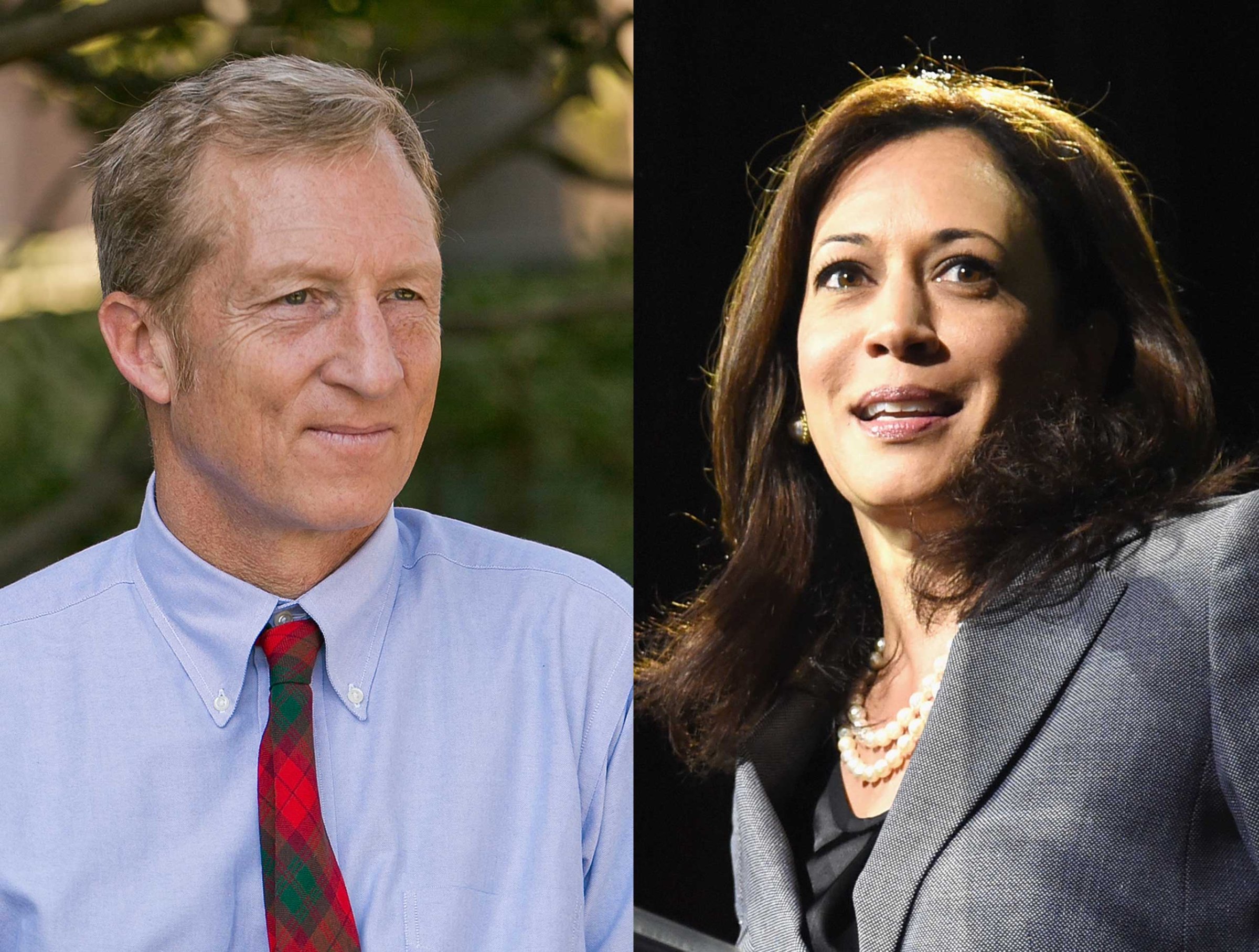
The retirement of California Senator Barbara Boxer has touched off a furious scramble among Democrats jostling to replace her, with one rising star jumping into the race and several other veteran candidates publicly weighing whether to run.
Kamala Harris, California’s attorney general, laid down an early marker in the pricey, high-stakes contest by announcing Tuesday that she will run for the seat being vacated by Boxer, who said last week that she won’t run for a fifth term in the Senate in 2016.
“I will be a fighter for middle-class families who are feeling the pinch of stagnant wages and diminishing opportunity,” Harris said in a message launching her campaign. “I will be a fighter for our children who deserve a world-class education, and for students burdened by predatory lenders and skyrocketing tuition. And I will fight relentlessly to protect our coast, our immigrant communities and our seniors.”
The top law-enforcement official in the nation’s most populous state, Harris, 50, is considered among the Democratic Party’s rising stars. In normal contests, the entry of a glittering recruit into the race might prompt party kingpins to coalesce around her candidacy. But this is California, the country’s leading liberal redoubt, a state whose sluggish political turnover has yielded a long list of seasoned politicians patiently waiting for their shot. Harris may be the front-runner, but she won’t coast to the Senate without a challenge.
It won’t come from Gavin Newsom, however. The state’s lieutenant governor said this week that he will pass on a campaign to succeed Boxer; instead he may mount a bid to succeed Golden State Governor Jerry Brown in 2018. Newsom’s decision spared California Democrats a collision between two of the state’s top politicians, whose bases of support and spheres of influence overlap.
Photos: Meet the People Who Might Try to Replace Barbara Boxer
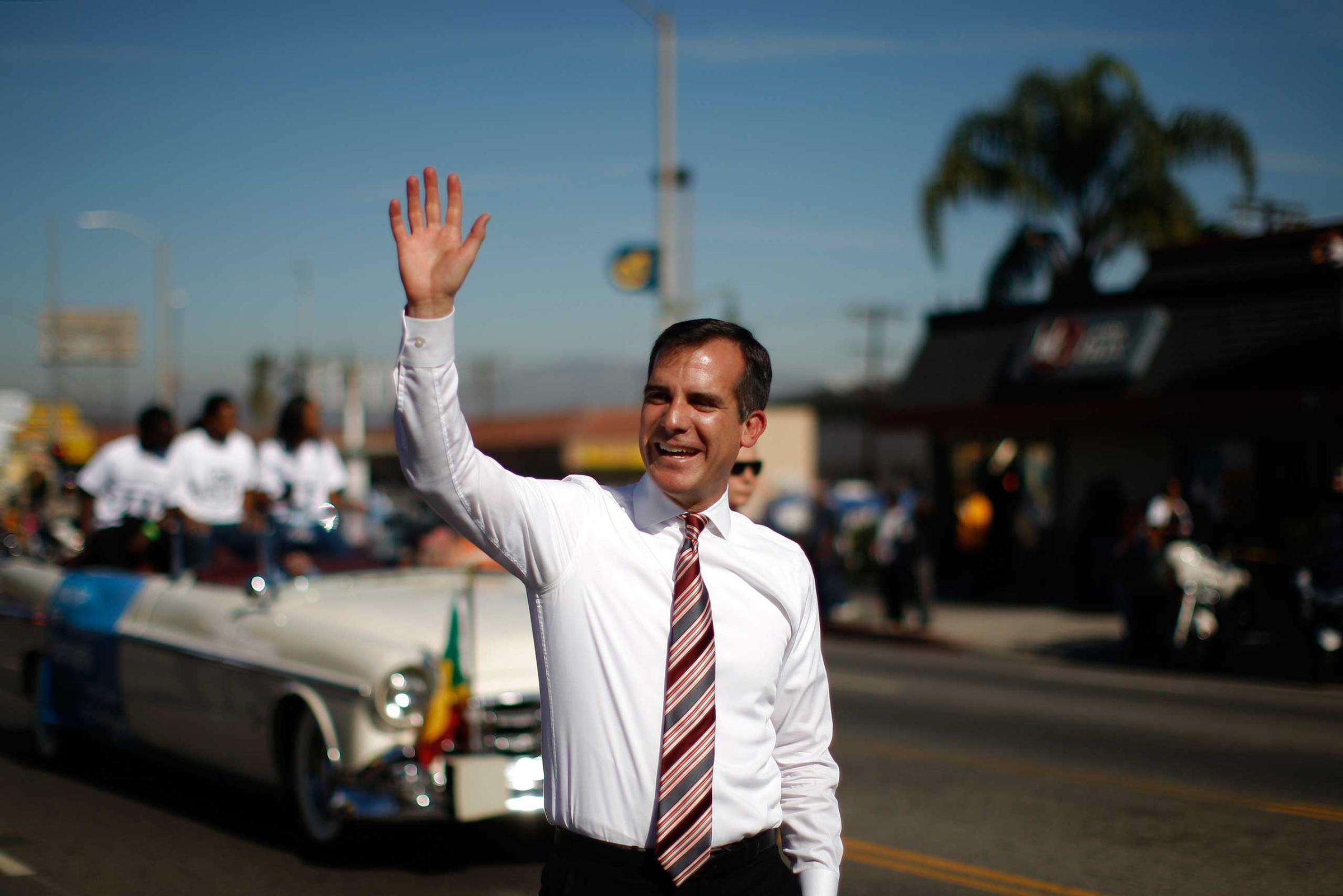
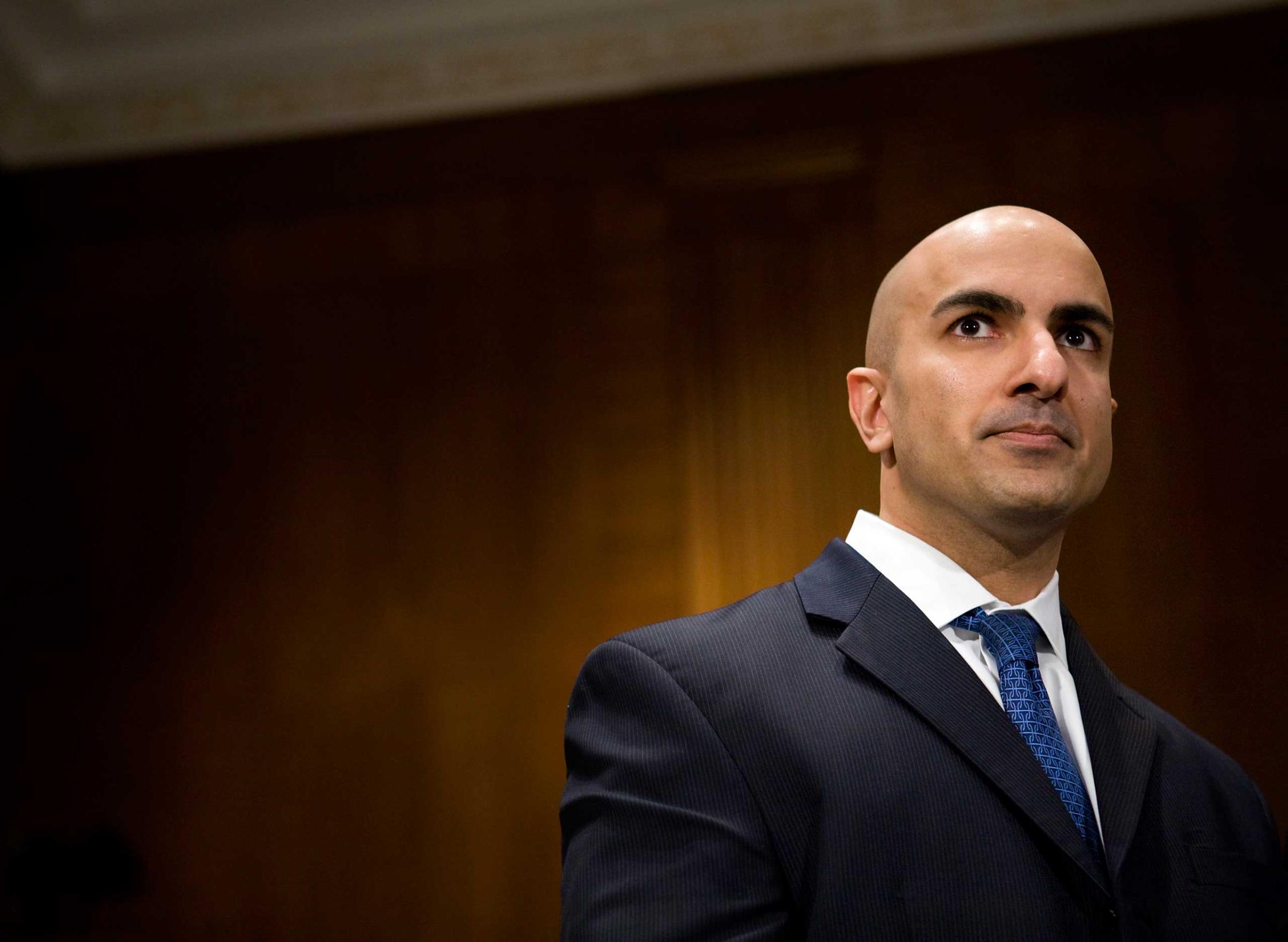
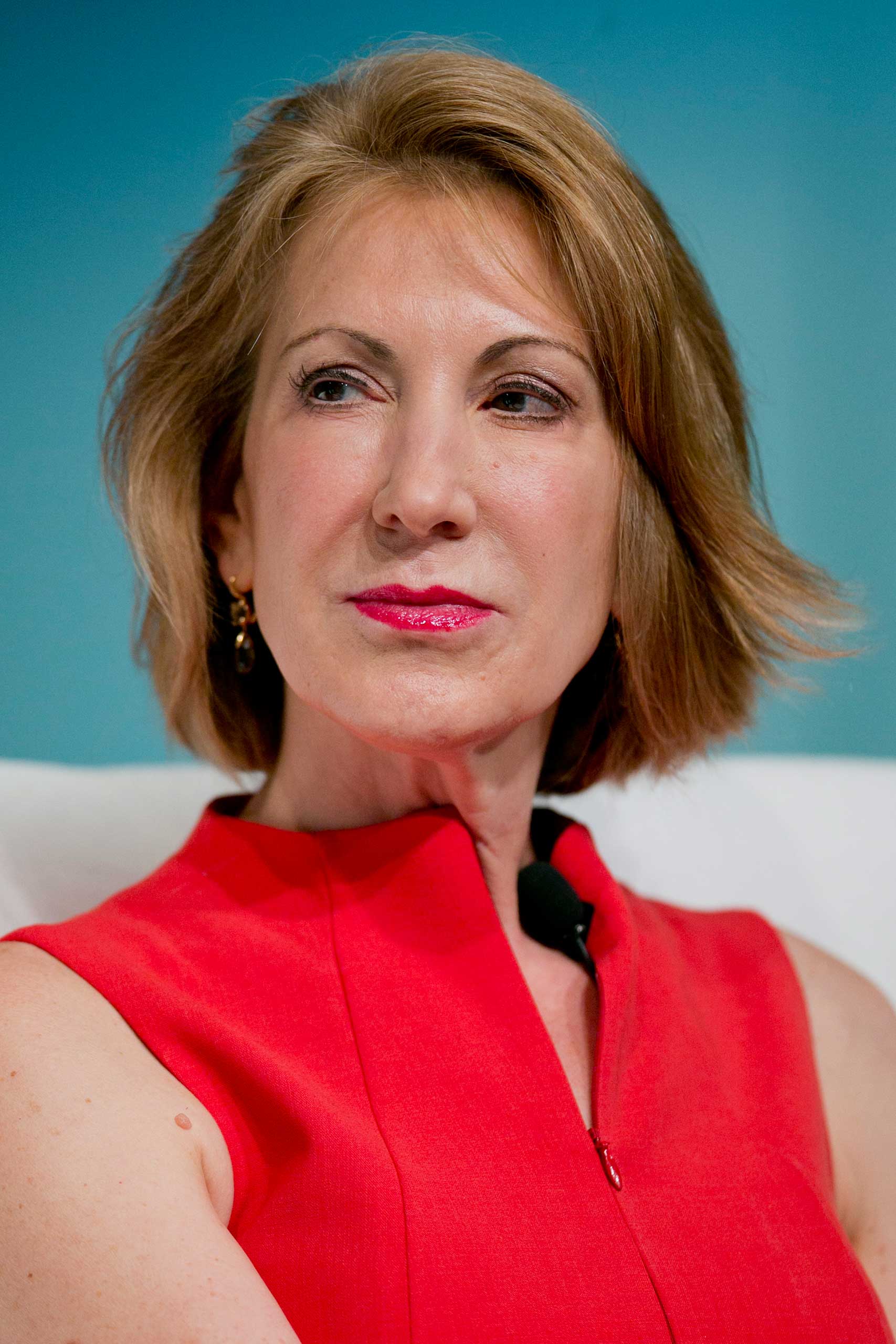
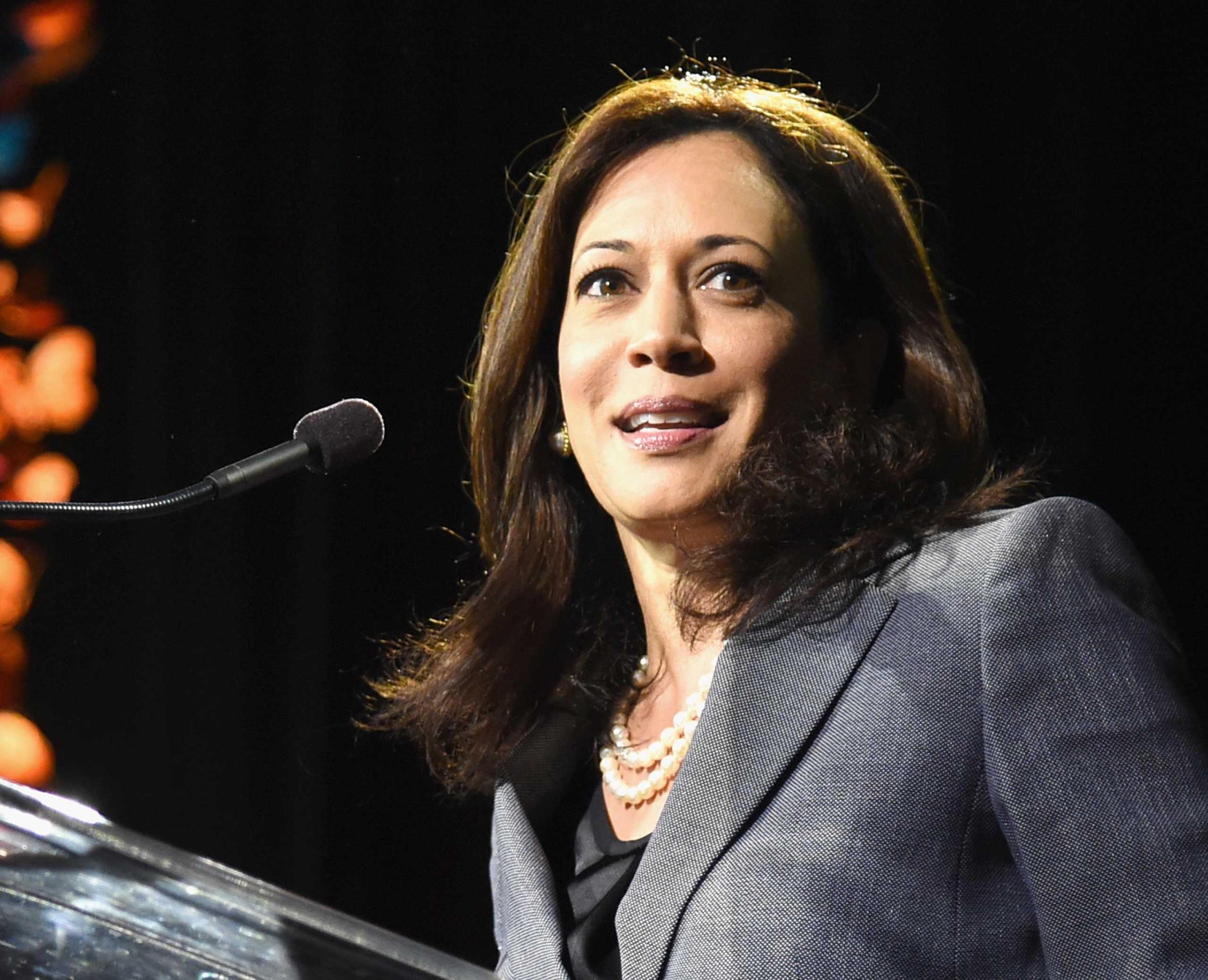
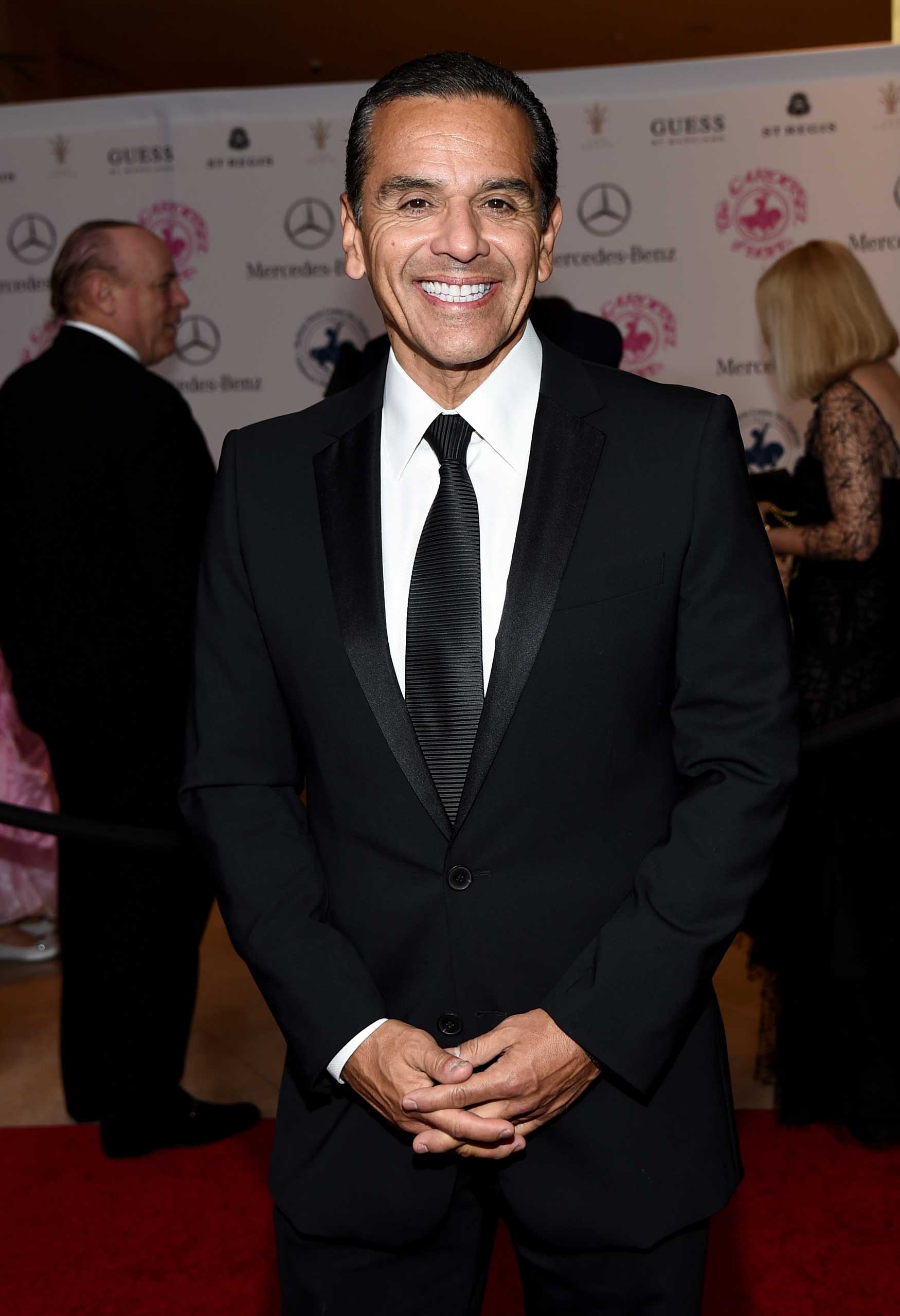
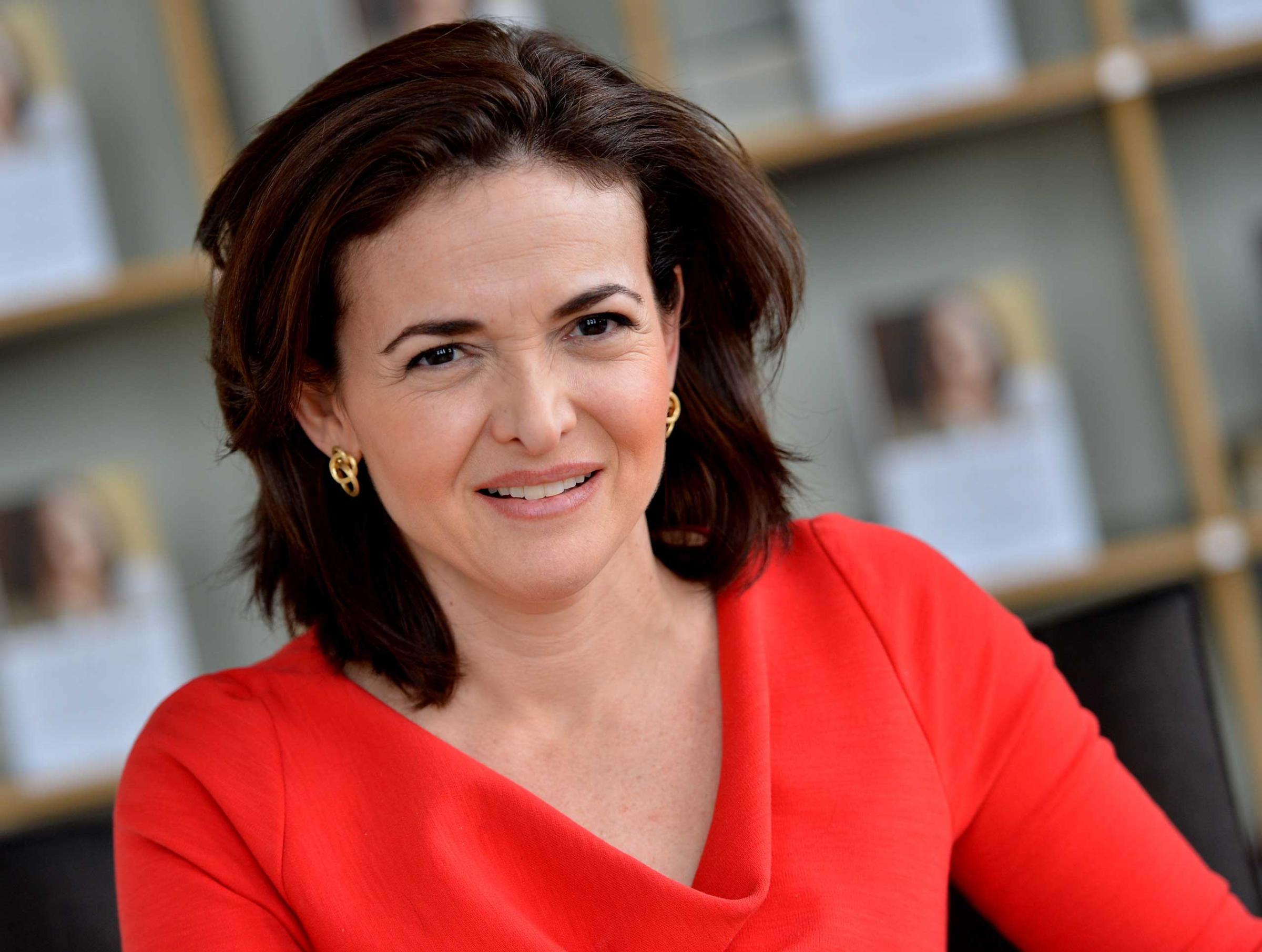
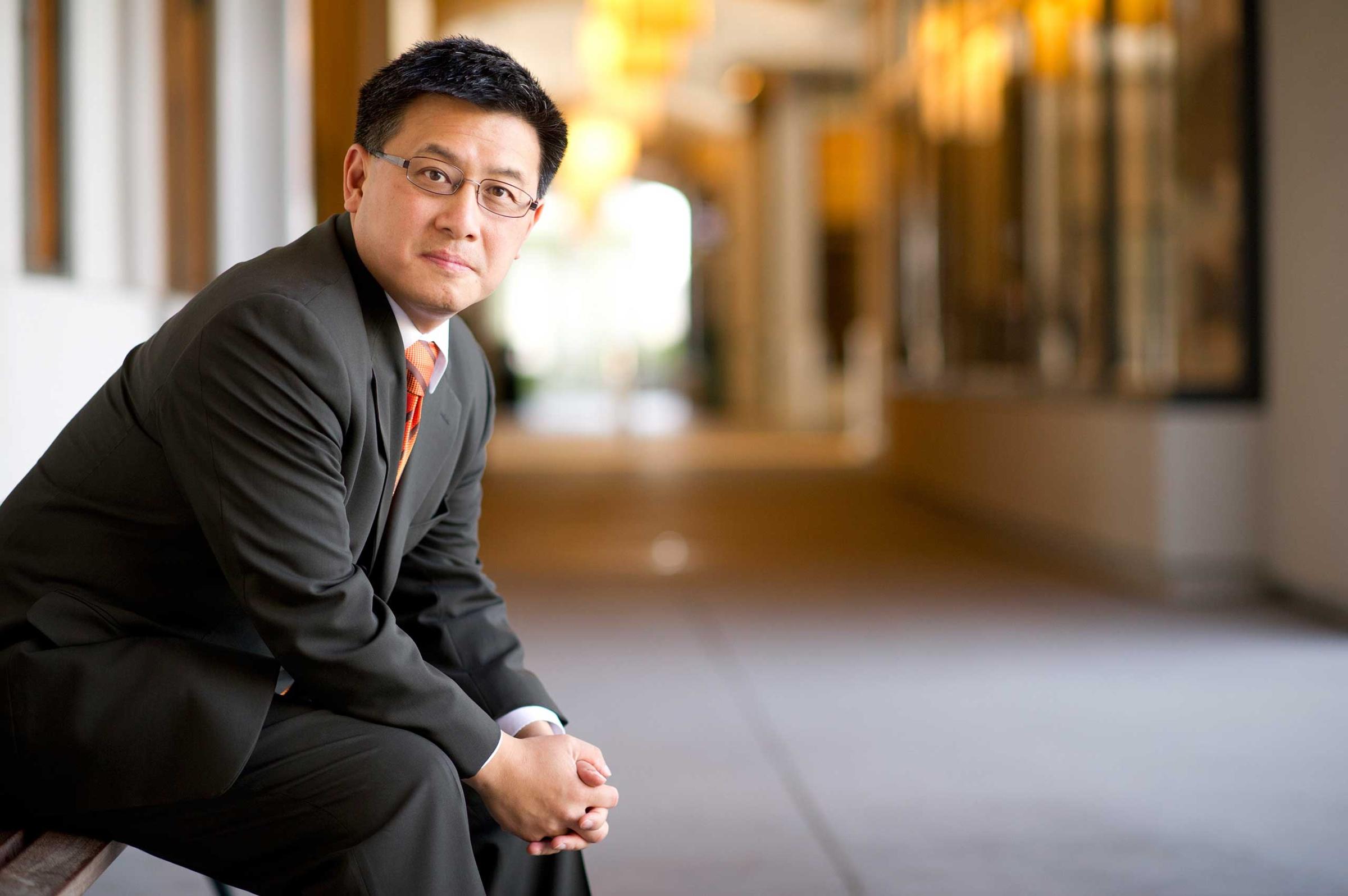
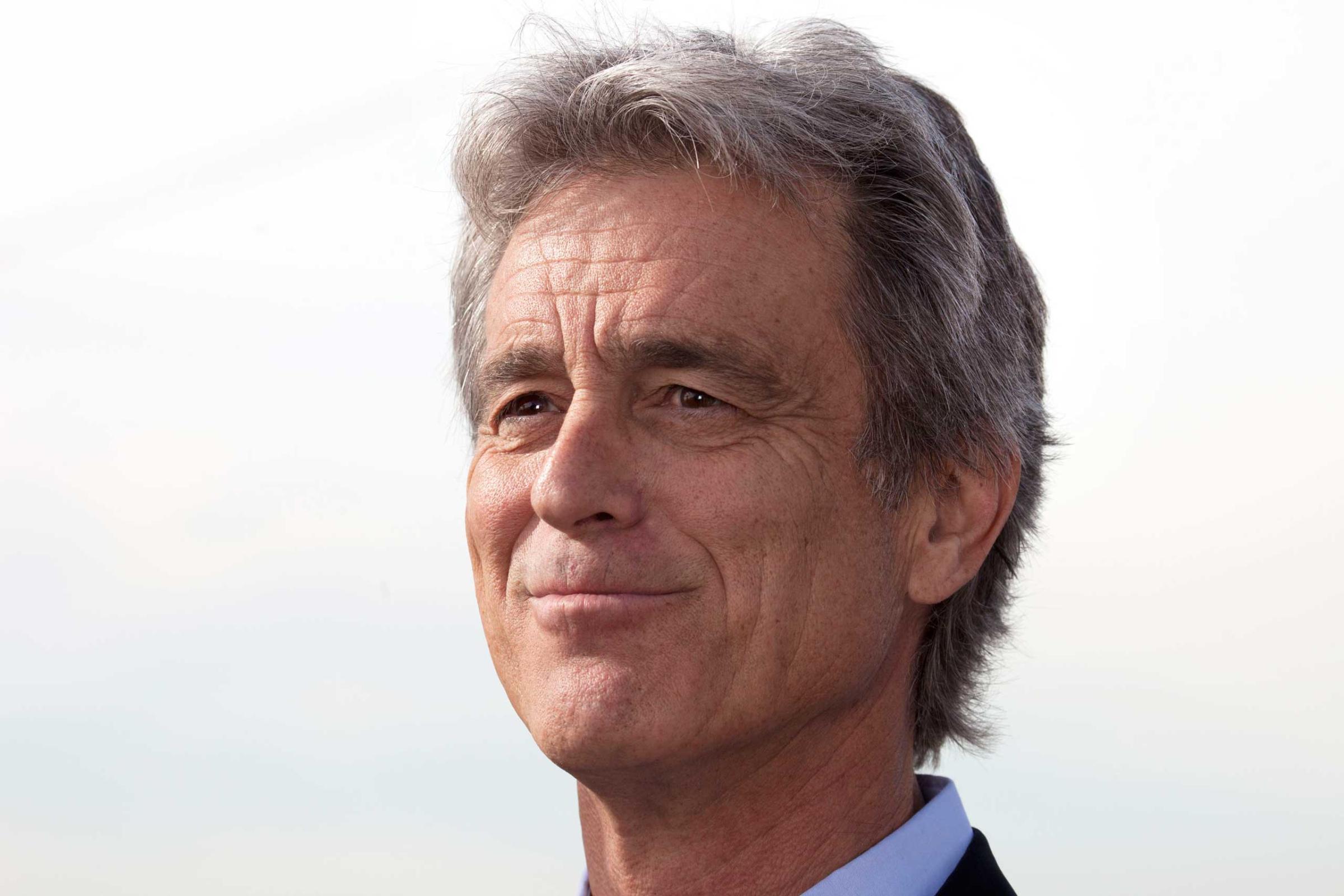
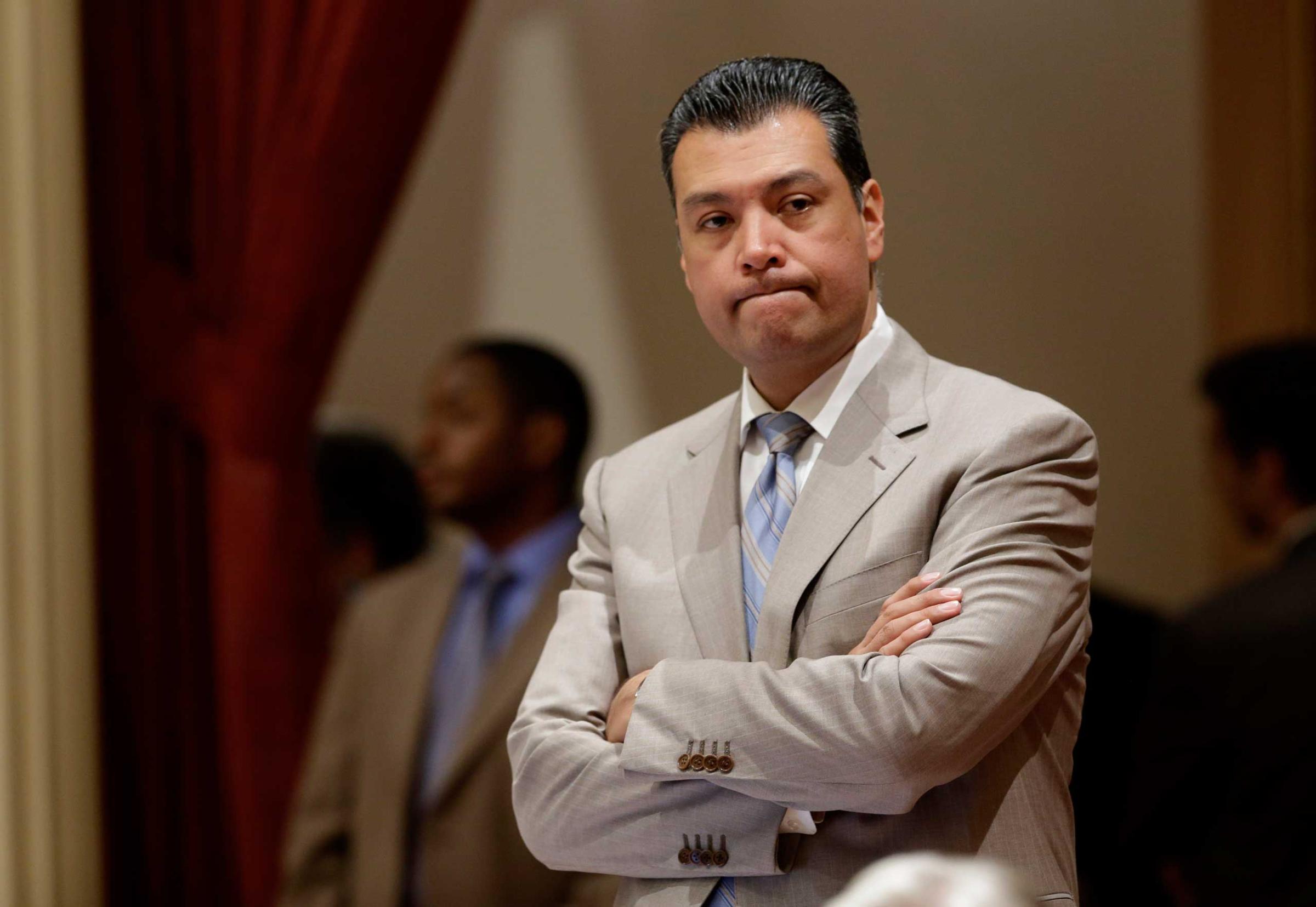
Several other Democratic veterans are publicly mulling a campaign. One is former Los Angeles mayor Antonio Villaraigosa, whose ties in the Hispanic community and links to party donors — forged partly through a stint at the helm of the Democratic National Committee — would make him a contender for the seat. California Representative Loretta Sanchez, who has served in Congress since 1997, has also said that she is seriously considering a run.
“With strong candidates like Kamala Harris, Democrats remain confident that we’ll hold this seat and continue Barbara Boxer’s long history of fighting for California,” says Justin Barasky, a spokesman for the Democratic Senatorial Campaign Committee. “The DSCC will continue to monitor the California Senate race closely.”
The billion-dollar question hanging over the contest is whether one of the nation’s leading donors decides to mount a campaign himself. Tom Steyer, the retired hedge-fund magnate, has emerged in recent years as the Democratic Party’s most generous donor. In 2014, he shelled out some $74 million to candidates, mostly through a political-action committee dedicated to bringing the issue of climate change to the political forefront. Now Steyer is thinking about whether the next campaign he backs should be his own.
“Holding office is a sacred trust in our society, and I am honored that so many colleagues and friends have encouraged me to consider entering this race,” Steyer wrote in an essay for the Huffington Post. “Washington needs to be shaken up, and we need climate champions who will fight for the next generation. California Democrats are blessed to have a deep bench of talent, and I will decide soon based on what I think is the best way to continue the hard work we’ve already started together to prevent climate disaster and preserve American prosperity.”
The post can be read as a sign that Steyer is preparing to jump in. In recent days, he has met with advisers, polled voters and snatched up campaign website domains, according to reports. But it is also a vigorous defense of his political-action committee, NextGen Climate, which lost the majority of the races it contested last fall and which Steyer told TIME in November he would continue to build.
Steyer’s money and influence would make him an instant force in the race, but it would offer no guarantee of success. A series of California business tycoons, from Meg Whitman to Michael Huffington, have self-funded lavish campaigns only to learn their largesse has limits at the polls. And despite the appreciation his generosity his bought, many Democrats are surely hoping he won’t run. In 2014, Steyer was the largest individual donor in the U.S. If he writes those checks to himself instead, it would be a blow to candidates across the country. An ally of Steyer declined to comment on his decision-making process.
The contest, expected to be the year’s most expensive, also feature a local wrinkle. In 2012, California jettisoned the traditional party primary system in favor of an open contest in which the top two vote getters, regardless of party, advance to the general election. If two strong Democratic candidates opt to run in the primary, they could face each other once again in the general election — during which the state’s Republicans and independents would play a major role in picking the winner.
More Must-Reads From TIME
- What Student Photojournalists Saw at the Campus Protests
- How Far Trump Would Go
- Why Maternity Care Is Underpaid
- Saving Seconds Is Better Than Hours
- Welcome to the Golden Age of Ryan Gosling
- Scientists Are Finding Out Just How Toxic Your Stuff Is
- The 100 Most Influential People of 2024
- Want Weekly Recs on What to Watch, Read, and More? Sign Up for Worth Your Time
Write to Alex Altman at alex_altman@timemagazine.com